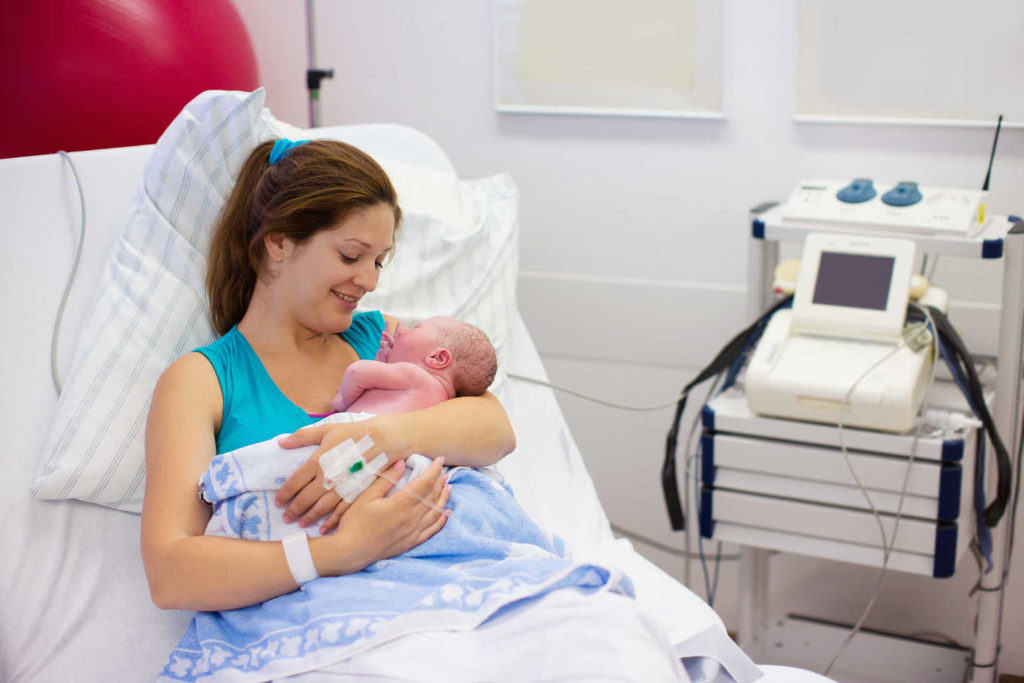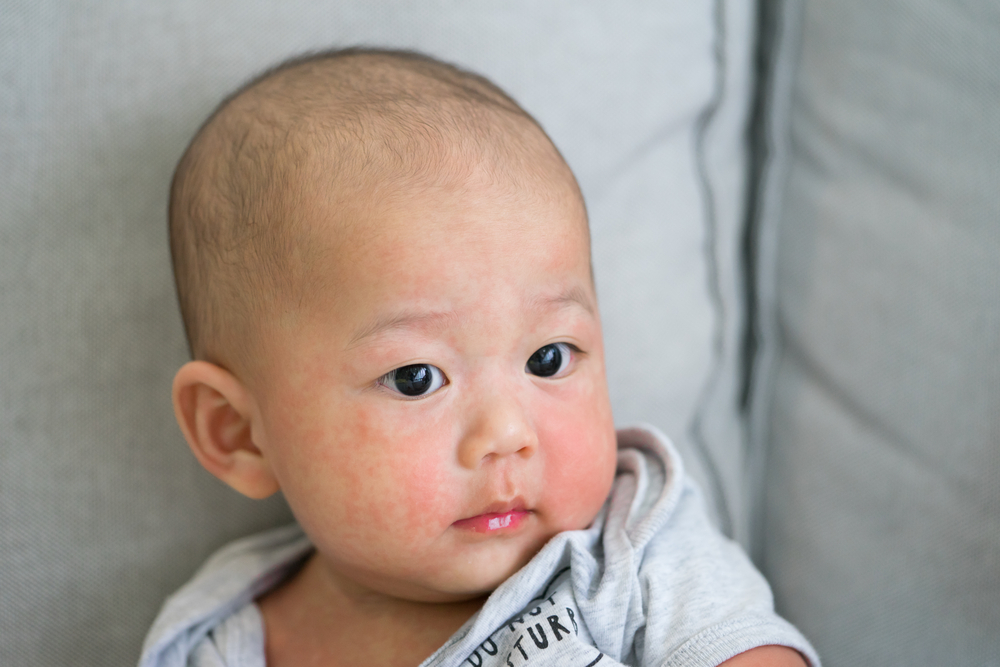Contents:
- Medical Video: 8 Stages of Development by Erik Erikson
- How do babies communicate?
- What should I do?
- Do I need to worry?
Medical Video: 8 Stages of Development by Erik Erikson
Do you remember your baby's first cry? Since being born, babies have begun to communicate.
At first, baby's crying feels like a foreign language. But, over time you will learn to recognize "baby language" and can answer your baby's needs.
How do babies communicate?
Babies are born with the ability to cry. That's how he communicates for a while. A baby's cry will tell you something has happened to your baby, whether it's hunger, wet diapers, cold feet, feeling tired, or want to be hugged, etc.
Sometimes, the baby's needs can be identified by crying. For example, when he is hungry, he will cry for a while with a low tone of voice. When he is sad, the sound of his crying will be disjointed. Over time, you can understand your baby's needs and respond well.
But babies can cry without reason, such as when they hear a sound too loud. So, if your baby is crying and you cannot comfort him immediately, remember that crying is one of the stimuli when they are too heavy to digest what he feels.
Crying is the main way for babies to communicate, but they can also use other methods. Learning to recognize their behavior can strengthen the relationship between mother and baby.
Newborns can distinguish human voices and other sounds. Try to pay attention to your baby's response to your voice, because your voice will connect food, warmth and touch.
If your baby cries in your crib, see how fast your voice can calm him. See how the baby hears when you speak in a loving voice. Your baby may not be able to coordinate between seeing and hearing, but even though he looks at other angles, he can listen carefully to your voice when speaking. Your baby can adjust your body position or facial expression, or move your arms and legs when you speak.
Sometimes in the first month of your baby's birth, you might see his first smile - a new way for your baby to communicate.
What should I do?
When you first hug your baby after being born, you will start communicating with each other by giving first sight, sound, and touch. Babies can quickly learn the world with their senses.
A few days after his birth, the baby will get used to seeing you and start focusing on your face. Feeling sensation and hearing are the most important senses.
Your baby will be curious about the sounds around him, especially the human voice. Talk to your baby every time you have a chance. Even if your baby does not understand what you are saying, your soft voice will be tranquilizing for him.
Communicating with your baby is important to meet their needs. Always respond to your baby's needs when he cries. Babies will not be spoiled because they pay too much attention. Conversely, by responding quickly when he cries, will make them know that they are important and cared for.
It's your time where you have fulfilled all of your needs, and your baby is still crying. Don't worry! Your baby may just feel too tired, have too much energy, or just cry for no reason.
It is very natural for babies to have a fussy period at the same time every day, generally during the afternoon or midnight. Although all newborn children cry and show fussy nature, healthy babies will cry more than 3 hours a day, more than 3 days per week, at least for 3 weeks. This condition is called colic. This might stress you out, but the good news is that this will be temporary. Most babies will pass this period at the age of 3-4 months.
Try to calm your baby. Do some calming movements, such as shaking it, or walking back and forth around the room, or respond with sound, like soft music or a sound buzzing with a vacuum cleaner. It might take time to find the best way to calm your baby during this period.
Do I need to worry?
Talk to your doctor if your baby is crying for an unnatural period of time, if the sound of his crying feels strange to you, or if he cries with reduced activity, appetite, and unusual breathing. Your doctor will look for medical causes of your baby's condition. It's likely that everything is fine, and knowing this can make you more relaxed and calm when you find out why your baby is crying.
Some other reasons for baby crying:
- Sick baby. Babies who cry more often when picked up may be sick. Contact your doctor, especially if your baby's body temperature reaches 38 ° C or more.
- Babies have eye irritation. Scratched corneas or foreign objects in the baby's eyes can cause redness and watery eyes. Call the doctor.
- Your baby is in pain. A safety pin or other object can hurt the baby's skin. Try looking at every place, including every finger and toe (sometimes hair can circle in this place and cause pain; this is called hair tourniquet).
If you have questions about your baby's ability to see or hear, contact your doctor immediately. If needed, babies can be tested using sophisticated medical devices. The faster the problem is found, the better it can be treated.












